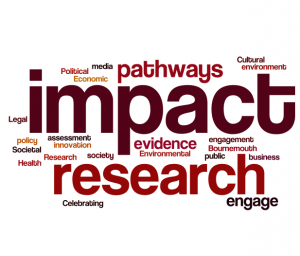
There are three Research Impact training workshops coming up over the next few weeks:
Anatomy of a case study is a 2-hour in-person workshop in Fusion – 8th September, 13:00-15:00.
In this workshop we will be examining REF impact case study examples from REF2021 and identifying what makes an excellent case study. There will also be an opportunity to start building your own impact case study.
Getting Started with Research Impact: what is it? is an online workshop – 16th September, 10:00-11:00.
We will look at the impact basics – what research impact is and why it matters in funding applications, for the REF and for your research career. You will find out how to turn your research into impact and how your research can benefit society/the economy.
Evidencing Impact is online – 12th October 14:00-15:00.
We will look at how to evidence your research impact – what counts as evidence, how to find creative ways of getting it, what qualitative and quantitative evidence is needed for a REF impact case study and how to gather and store it.
You can sign up for these sessions here: RKEDF – Workshop Booking Form (office.com)


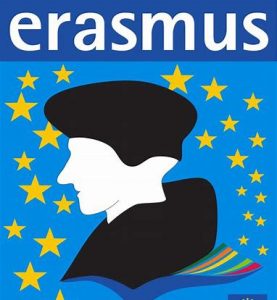



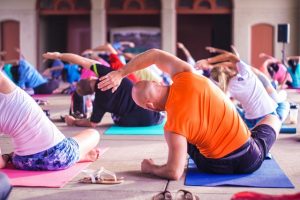
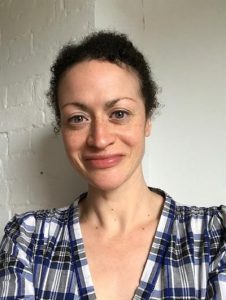 In the online discussion, Dr Collard will outline her findings so far, which will provide important data for people with epilepsy and their families and carers, as well as medical professionals and those working in the fitness and leisure sector.
In the online discussion, Dr Collard will outline her findings so far, which will provide important data for people with epilepsy and their families and carers, as well as medical professionals and those working in the fitness and leisure sector.
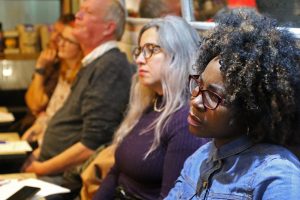
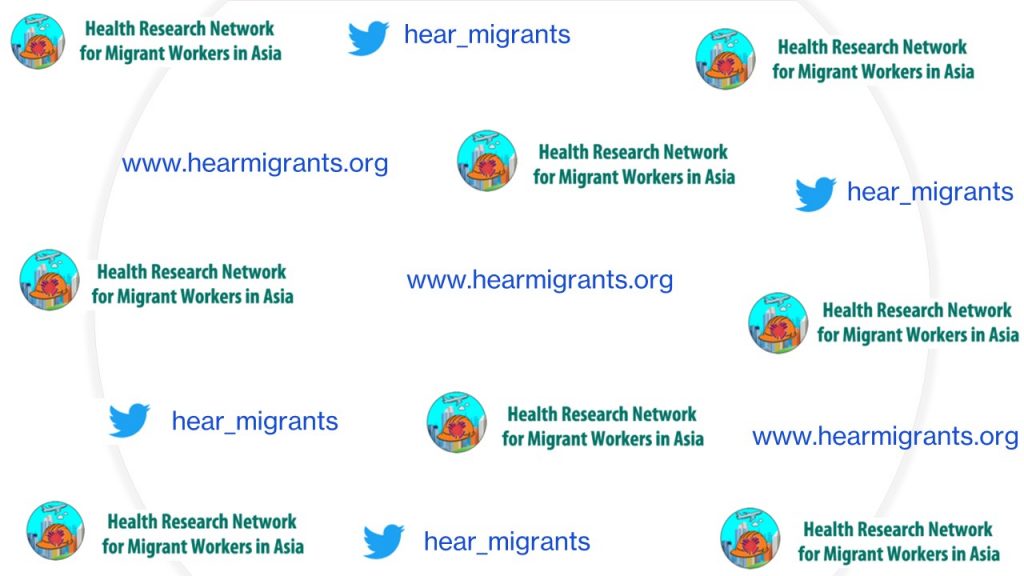
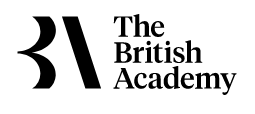
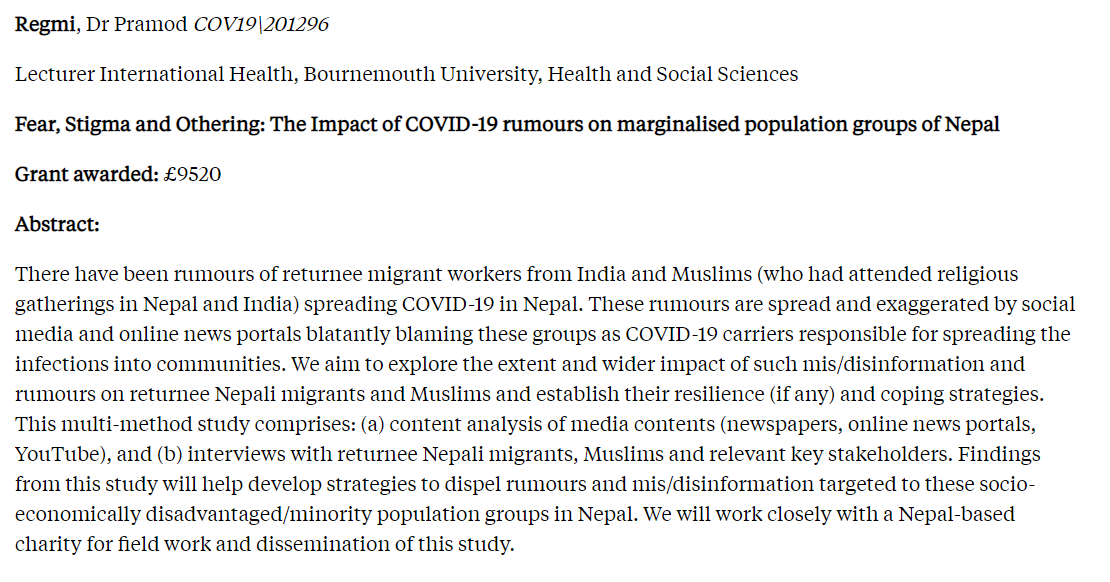

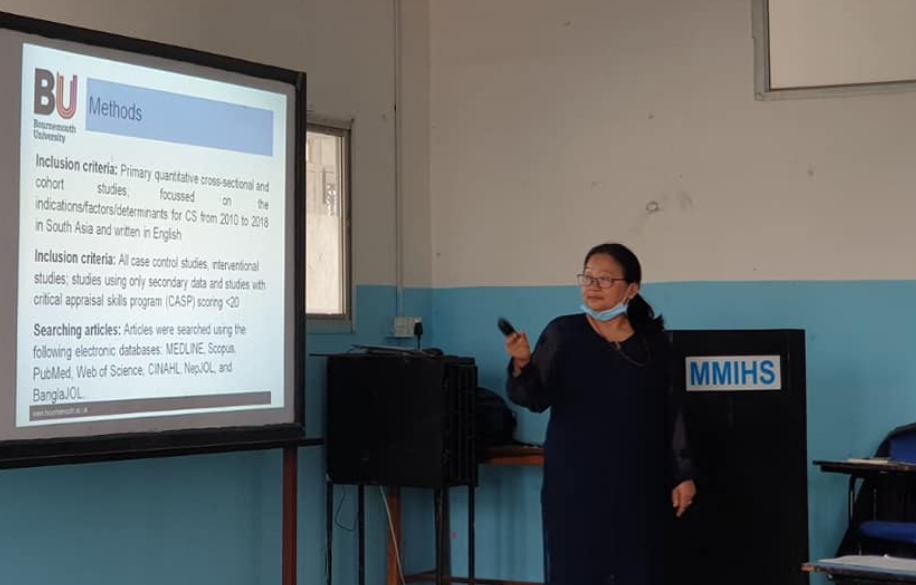
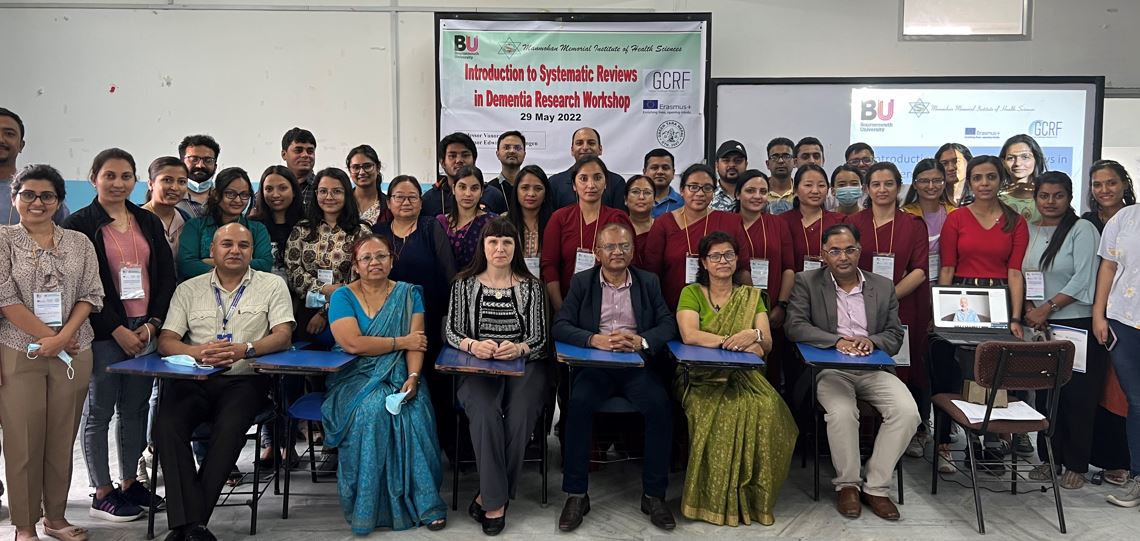

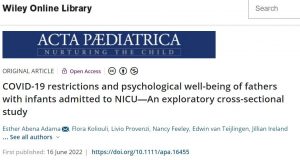
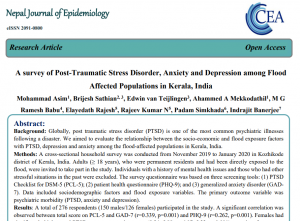


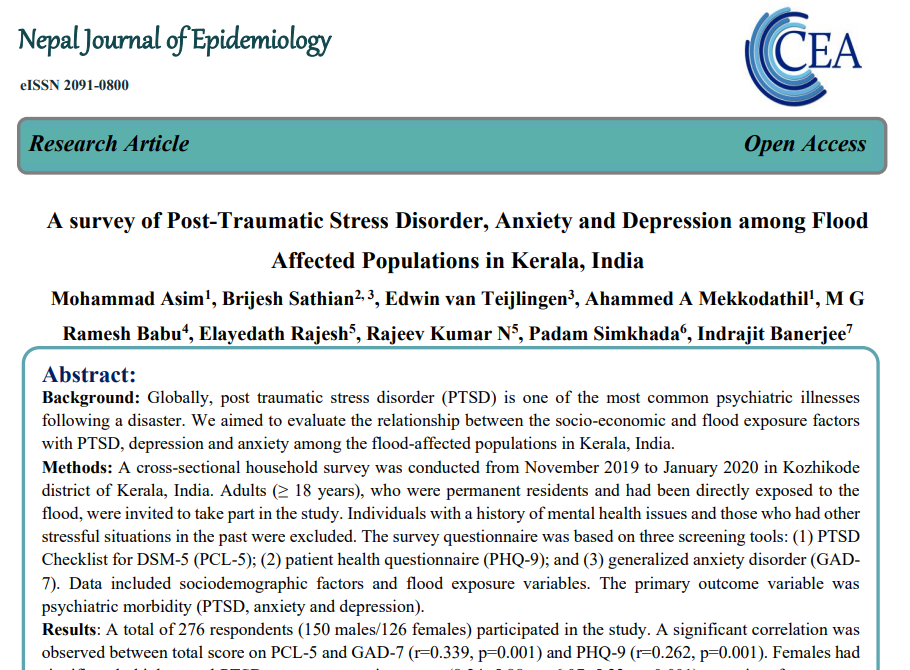
 Exciting changes are coming to you from August 2022 in terms of the support provided by RDS’ Research Facilitators.
Exciting changes are coming to you from August 2022 in terms of the support provided by RDS’ Research Facilitators.
 In addition to Research Facilitators, there are several support options in place to support you through the pre-award process and finding funding opportunities tailored to you. BU have invested in
In addition to Research Facilitators, there are several support options in place to support you through the pre-award process and finding funding opportunities tailored to you. BU have invested in 
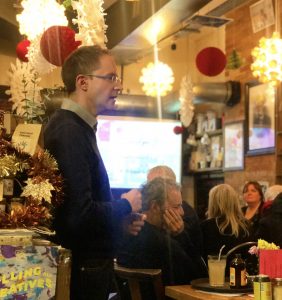 Start reporting your data for events with external audiences
Start reporting your data for events with external audiences

 The RDS Funding Development Briefings occur weekly, on a Wednesday at 12 noon.
The RDS Funding Development Briefings occur weekly, on a Wednesday at 12 noon.











 BU attendance at third annual GCPHR meeting in June
BU attendance at third annual GCPHR meeting in June Interactive Tangible and Intangible Heritage Applications – BU student work featured in new book chapter
Interactive Tangible and Intangible Heritage Applications – BU student work featured in new book chapter Second NIHR MIHERC meeting in Bournemouth this week
Second NIHR MIHERC meeting in Bournemouth this week MSCA Postdoctoral Fellowships 2025 Call
MSCA Postdoctoral Fellowships 2025 Call ERC Advanced Grant 2025 Webinar
ERC Advanced Grant 2025 Webinar Horizon Europe Work Programme 2025 Published
Horizon Europe Work Programme 2025 Published Horizon Europe 2025 Work Programme pre-Published
Horizon Europe 2025 Work Programme pre-Published Update on UKRO services
Update on UKRO services European research project exploring use of ‘virtual twins’ to better manage metabolic associated fatty liver disease
European research project exploring use of ‘virtual twins’ to better manage metabolic associated fatty liver disease